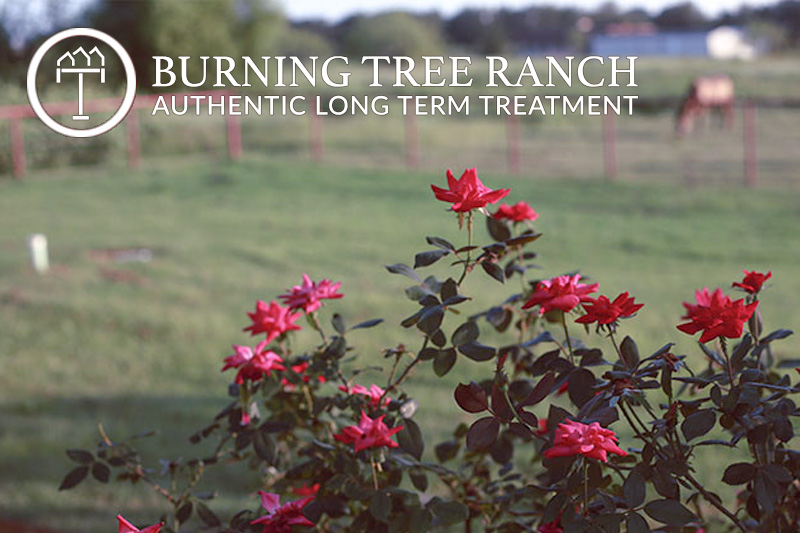Therapies
Neurofeedback Therapy for Treating Addiction & Mental Health
Neurofeedback Therapy is a non-invasive treatment designed to instruct patients as to how to control brainwave activity in order to change behaviors. Studies have shown it to be effective in adults with ADD/ADHD, and is an effective tool in changing behaviors related to substance abuse when combined with other therapeutic practices, especially where co-occurring disorders have been diagnosed. It can be used in either an outpatient or an inpatient neurofeedback setting.
Neurofeedback Therapy at Burning Tree Ranch
Burning Tree Ranch is a specialty program dedicated to the treatment of chronic addiction and mental health. Our program is long-term, progress-based, and highly intensive.
We use Neurofeedback Therapy to help measure levels of anxiety, depression, and impulse control throughout the course of treatment. It is particularly therapeutic for clients who struggles with depression and anxiety.
What to Expect in Neurofeedback Therapy
The first step in neurofeedback therapy, a qEEG (quantitative Electroencephalograph) is performed. Sensors are attached to the patient’s head and brain activity is recorded, the data from which is used to create “brain maps.” The process is non-invasive and painless.
Once the data is collected & converted trained Neurotherapists begin helping the patient learn how to change his or her brainwave patterns. Very little training is needed on the part of the patient as most of the gains are made using computer games, with feedback delivered in a combination of audio and visual cues. Patients learn how to control brainwave patterns by manipulating results and actions produced in the games.
Benefits of Neurofeedback therapy in Residential Treatment
When used as part of a long-term substance abuse program, patients in residential neurofeedback therapy have experienced.
- Improved social relationships
- Greater Self-esteem
- Reduced oppositional behaviors
- Less irritability and stress
- Greater relaxation
- Improved body control
Better ability to control thoughts and emotions
As part of a complete residential treatment program, an integrated approach of neurofeedback therapy, cognitive behavior modification, and other conventional psychotherapeutic treatments can successfully address substance abuse issues arising because of or in conjunction with co-occurring disorders.

“Neurofeedback allows us to measure levels of anxiety, depression, and impulse control throughout the course of treatment. It is particularly therapeutic for clients who struggles with depression and anxiety.”
Jennifer Boofer, BA, Neurofedback Technician
Explore Other Therapies we Use to Treat Addiction at Burning Tree Ranch
Incorporating Neurofeedback Therapy in Long-Term Treatment
Burning Tree specializes in addiction treatment & Chronic Relapse
As part of a complete residential treatment program, an integrated approach of neurofeedback therapy, cognitive behavior modification, and other conventional psychotherapeutic treatments can successfully address substance abuse issues arising because of or in conjunction with co-occurring disorders.
We understand the complex, multi-faceted issues many of our families face when it comes to addiction. The circumstances of long-term residential treatment allow us to create a treatment program unlike anything else in the world.
Operating outside the limitations of a traditional 30, 60 or 90-day format, Burning Tree adheres to progress-based metrics that inform the clinical treatment team of the unique mental, emotional and spiritual needs of the individual.
We are the only treatment center in the United States that combines time-intensive residential treatment with a therapeutically coordinated aftercare program focused singularly on the treatment of chronic relapsers.

Featured In Top Publications








